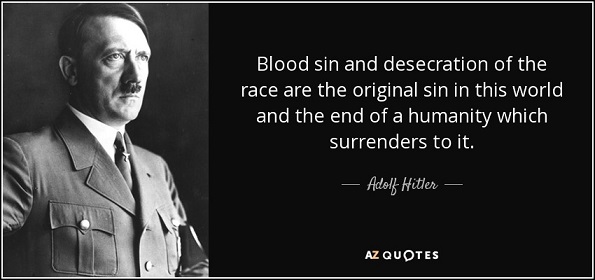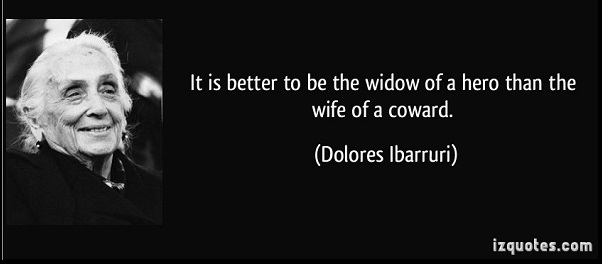Aargh, more sports, serpents and other forms and metaphors
Thursday, March 29th, 2018[ by Charles Cameron — following up on the comments section at Games, politics, and game metaphors, which shut down unexpectedly ]
.
Zell Miller, Wikipedia:
Miller appeared in an interview with Chris Matthews on the MSNBC show Hardball. After Miller expressed irritation at Matthews’ line of questioning, Matthews pressed Miller with the question, “Do you believe now – do you believe, Senator, truthfully, that John Kerry wants to defend the country with spitballs?” Miller angrily told Matthews to “get out of my face,” and declared, “I wish we lived in the day where you could challenge a person to a duel.”
spitballs, duel
**
“both sides talk tough .. then there’s fighting”
**
GOLDBERG: And so we here in this dystopian situation where John Bolton, the last person in the world who should be anywhere near the national security bureaucracy. This President has – he has dubious legitimacy at best, he doesn`t have popular support in the country. And we are stumbling toward an apocalyptic war that will kill millions of people, turn America into a pariah and our way of life. There is almost no way to talk about what a dangerous spot we are in without sounding insane.
[..]
MATTHEWS: Where does that lead to? What does that lead to if Israel does that against an Islamic country?
CORN: Well, I would say one easy term is apocalypse. I mean, this is where they`re at.
apocalyptic war, apocalypse
**
Deadline White House, Nicolle Wallace:
what I’d describe as a legal chess-match
**
Stormy Daniels’ lawyer Michael Avenatti:
I’m a pretty good poker player. We’re going to see how this plays out. We have a piece of litigation and we’re going to handle it diligently and surgically.
**
https://www.dailymotion.com/video/x6h05r9
t=33
**
Neil Katyal, The Beat:
You don’t go and tell a wwitness who is possibly going to testify against you, Oh, well I’ll give you a pardon, don’t worry about it. You know, criminal lawyers, one of the first things any smart lawyer would do to any one of their ckients is to say, Don’t talk to any witnesses, don’t even say hello to them on the street, let alone something like offering up a pardon, a massive get out of jail free card
get out of jail free card
**
Hardball “that is the wild-card here”
**
A Night of Laughs Between Trump and His Favorite Punching Bag
**
‘Not in a punch-back mode’: Why Trump has been largely silent on Stormy Daniels
The counterpuncher, so far, has held his punches.
“He’s really not in a punch-back mode,” said one friend who has discussed the matter with the president in recent days and requested anonymity to be candid. “Everyone is telling him, look, you can’t win here, so just do nothing.”
counterpuncher, punch-back mode
**
Jay Sekulow?
he’s a really good shortstop who has been asked to pitch in the world series





